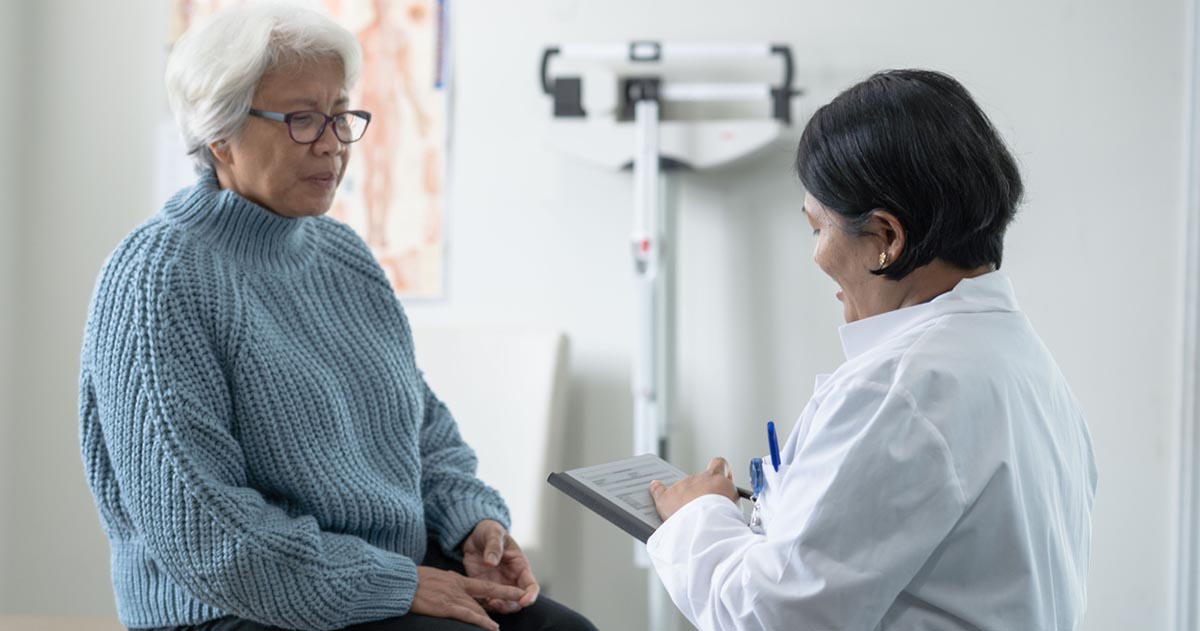Project Overview
We are helping the Centers for Medicare & Medicaid Services (CMS) understand how they can improve the implementation of Comprehensive Primary Care Plus (CPC+). We are also studying the effects of CPC+ on participating practices and on cost, utilization, and patient experience for Medicare fee-for-service beneficiaries.
Substantial changes to primary care delivery and payment models are hypothesized to improve health care quality and contribute to reductions in health care costs in the United States. Through CPC+, CMS is testing the idea that multipayer payment reform, robust learning supports, actionable data feedback, and health IT vendor support will help primary care practices transform their delivery of care. CMS hypothesizes that this approach will improve access to primary care services and the quality and efficiency of the care that millions of Medicare fee-for-service beneficiaries receive, and ultimately, produce better health outcomes at a lower cost.
- Weill Cornell Medical College
- Kennell and Associates
- Digital Dog Direct
- Data Solutions, Inc.
U.S. Department of Health and Human Services, Centers for Medicare & Medicaid Services
U.S. Department of Health and Human Services, Center for Medicare & Medicaid Innovation
CPC+, a national multipayer primary care improvement model developed by CMS, is the largest and most ambitious primary care and delivery reform ever tested in the United States to date. Mathematica independently evaluated the implementation and impacts of CPC+ and examined implications for future primary care models.
Strengthening primary care is thought to be a critical way to promote health and reduce health care costs in the United States. CPC+ is an advanced alternative payment model for primary care that began in 2017 and built on the foundation of the earlier Comprehensive Primary Care (CPC) initiative, both implemented by the Center for Medicare & Medicaid Innovation in partnership with other private and public payers around the country. This evaluation used mixed methods to assess whether CPC+ improved quality, reduced expenditures, and resulted in better health for Medicare beneficiaries in thousands of primary care practices. We analyzed claims data; surveys and qualitative interviews with patients, primary care practitioners, practice staff, practices, and payers; and data collected for CMS.
CPC+ was a public-private partnership that brought together CMS and 79 private and public payers. Together, the payers provided enhanced financial support for more than 3,000 practices in 18 regions to support fundamental changes in their care delivery toward accessible, comprehensive, team-based care for over 17 million patients. The 79 payer partners committed to align payment, data sharing, and quality metrics with CMS. CPC+ also included a robust learning system to support practice transformation.
Findings from our evaluation of the fifth and final year of CPC+ may be found in the Final Report and are summarized in the two-page Findings at a Glance. More detailed information may be found in Volume 1 and Volume 2 of the Appendices to the Final Report.
The final report on the evaluation of CPC+ builds on our findings from the evaluation’s first, second, third, and fourth years, as well as on our previous work, which includes an evaluation of CPC and research on patient-centered medical homes.

Selected Findings
- CPC+ practices reduced emergency department visits, hospitalizations, and hospitalization expenditures; however, these reductions were not sufficient to reduce total Medicare expenditures or achieve net savings, after accounting for increased expenditures in other areas and enhanced CPC+ payments.
- Practices in the model reported that the enhanced payments helped them make improvements in care, such as increasing 24/7 access, hiring more on-site behaviorists, and providing timelier follow-up after hospital or emergency department visits. But limited staff time, currently misaligned fee-for-service payments, and limited support from commercial payers hampered progress.
- Independent practices and practices with incentives to control total costs of care, such as those participating in the Medicare Shared Savings Program, did better at lowering costs than practices owned by hospitals or health systems.
Evidence & Insights From This Project

Independent Evaluation of Comprehensive Primary Care Plus (CPC+): Final Report
The final report presents findings from the independent evaluation of the five years of CPC+ for practices that began the model in 2017. The report examines CPC+ participation, supports, implementation, and impacts.
Learn MoreHow CPC+ Supported Patient Care During the COVID-19 Pandemic: Lessons for Alternative Payment Models
Independent Evaluation of Comprehensive Primary Care Plus (CPC+): Final Report Findings at a Glance
Independent Evaluation of Comprehensive Primary Care Plus (CPC+): Appendices to the Final Report, Volume I
Independent Evaluation of Comprehensive Primary Care Plus (CPC+): Appendices to the Final Report, Volume II
The Comprehensive Primary Care Plus Model and Health Care Spending, Service Use, and Quality
Medicare Beneficiaries with More Comprehensive Primary Care Physicians Report Better Primary Care
Predicting Fragmented Care: Beneficiary, Physician, Practice, and Market Characteristics
A Qualitative Study of Patient Perspectives of Care Management Services in Comprehensive Primary Care Plus
Emergency Department Visits, Hospitalizations, and Hospital Expenditures Decrease for CPC+ Practices
Independent Evaluation of the Comprehensive Primary Care Plus (CPC+): Fourth Annual Report
Comprehensive Primary Care Plus (CPC+) Model: Evaluation of the Fourth Year (2020) Findings at a Glance
Related Staff
Progress is best made together.
Partner with us at the intersection of data science, social science, and technology to progress from inquiry to insight to impact. Our evidence-informed solutions empower you to see clearly and act quickly.
Efficiency Meets Impact.
That's Progress Together.
To solve their most pressing challenges, organizations turn to Mathematica for deeply integrated expertise. We bring together subject matter and policy experts, data scientists, methodologists, and technologists who work across topics and sectors to help our partners design, improve, and scale evidence-based solutions.
Work With Us





